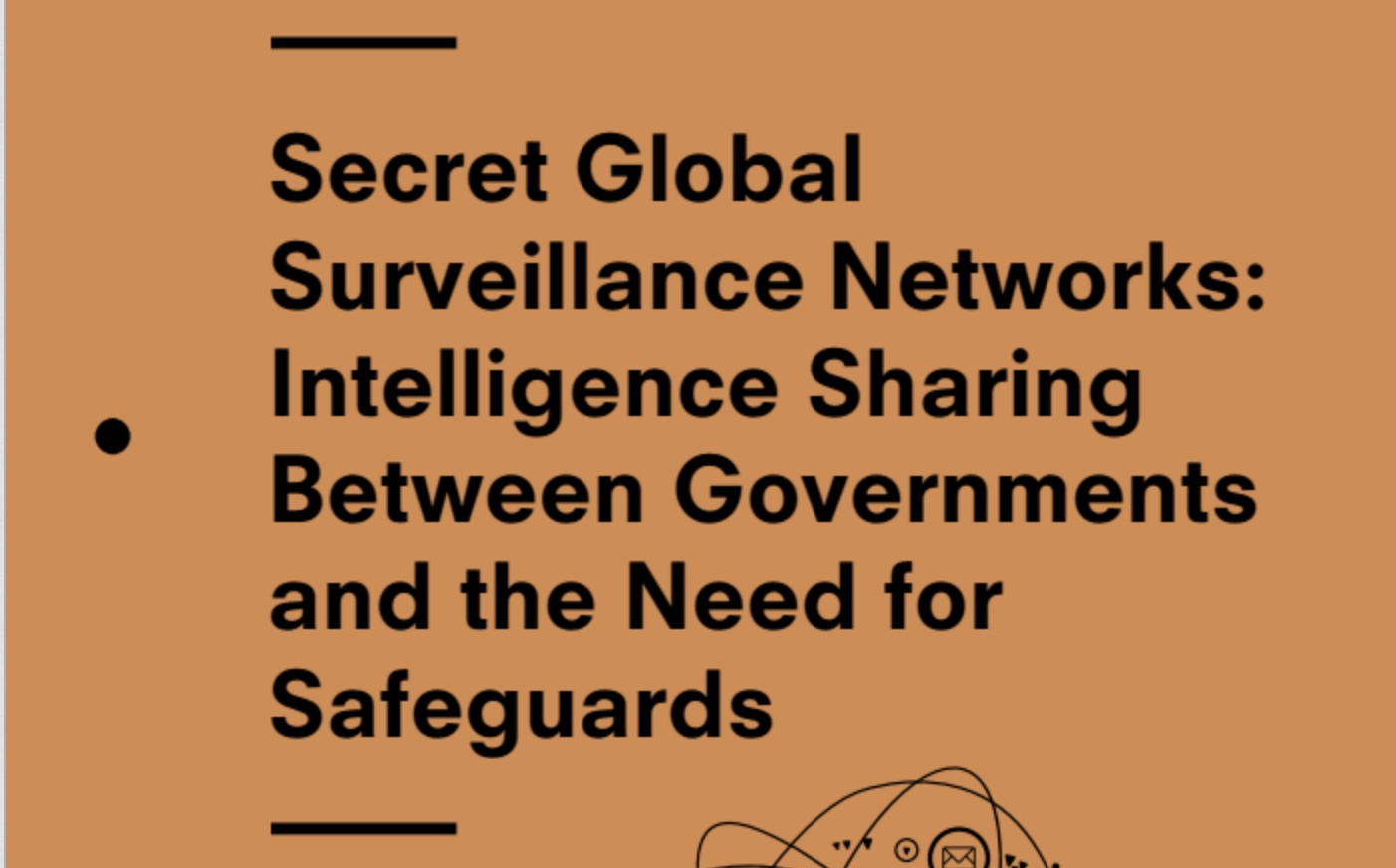An unprecedented international collaborative investigation carried out by 40 NGOs in 42 countries has identified alarming weaknesses in the oversight arrangements that are supposed to govern the sharing of intelligence between state intelligence agencies.
In September 2017, Privacy International – in partnership with 40 national civil society organisations including key Australian digital and human rights organisations – sent a detailed briefing and series of questions to national oversight bodies in 42 countries as part of a project to increase transparency around intelligence sharing and to encourage oversight bodies to scrutinise the law and practice of intelligence sharing in their respective countries.
In response to litigation, the US State Department disclosed records relating to Joint Defence Facility Pine Gap. Pine Gap is a base located in Alice Springs, Australia and jointly operated by the US and Australia. Those documents reveal that the US conducts surveillance while based in secret facilities in partner countries, parts of which are not even accessible to the host countries’ own governments, including their oversight bodies.
From Pine Gap, the US controls satellites across several continents, which can conduct surveillance of wireless communications, like those transmitted via mobile phones, radios and satellite uplinks. The intelligence gathered supports both intelligence activities and military operations, including drone strikes. The disclosure includes what appears to be a 1985 State Department cable, which summarises public reporting and discussion of Pine Gap, including a handwritten note confirming that there was an area of the facility where Australian nationals are not permitted entry.
The State Department also disclosed records suggesting that the intelligence sharing agreement between the Five Eyes (Australia, Canada, New Zealand, the UK, and the US) was amended and enhanced in the 2000s.
Intelligence sharing has evolved dramatically with the rise of new surveillance technologies, enabling multiple governments to collect, store and share vast troves of personal information, including data collected via mass surveillance techniques. It is essential that appropriate legal safeguards and oversight mechanisms exist to regulate these practices. Safeguards designed in the era of phone wiretapping cannot be used in the era of mass surveillance of the massive amounts of digital information that now exists about everyone. The secrecy shrouding intelligence sharing practices and arrangements cannot continue.
Research and the responses from 21 national oversight bodies, including Australia, has reveal that:
- Most countries around the world lack domestic legislation to regulate intelligence sharing. Based on our research, only one country has introduced specific legislation to explicitly regulate intelligence sharing.
- Oversight bodies of 9 out of 21 countries responded that their respective domestic intelligence agencies have no clear legal obligation to inform them of the intelligence sharing arrangements into which they enter. Only the oversight body of one country indicated that the intelligence agencies are required by law to provide it access to intelligence sharing arrangements.
- Oversight bodies of 9 out of 21 countries responded that they have full or broad access to information about intelligence sharing activities. One oversight body indicated that it was prohibited from accessing such information and several others left ambiguous the level of access that they have.
- In a number of countries, the process to authorise intelligence sharing appears to bypass any independent authority. None of the oversight bodies indicated that they have powers to authorise decisions to share intelligence, either at a general level, or in specific circumstances.
The findings have significant implications for human rights. Intelligence sharing constitutes an interference with the right to privacy and must therefore be subject to safeguards well-established in international human rights law, including adequate oversight. Without appropriate safeguards, states can use intelligence sharing as a way to outsource surveillance, bypassing domestic constraints on their surveillance activities. Unregulated intelligence sharing can also contribute to or facilitate serious human rights abuses, such as unlawful arrest or detention, or torture and other cruel, inhuman or degrading treatment.
The report makes a series of urgent recommendations to legislative bodies, executives, intelligence agencies, and oversight bodies, and calls for the establishment, through primary legislation, of publicly accessible legal frameworks governing intelligence sharing, and for increased powers for oversight bodies to ensure intelligence sharing arrangements comply with international and domestic law.
Led by Privacy International, the global partnership of 40 national civil society organisations includes Australian organisations Digital Rights Watch, Electronic Frontiers Australia, CryptoAUSTRALIA, Australian Lawyers for Human Rights, NSW Council for Civil Liberties and the Human Rights Law Centre.
Responses received from the Australian Government:

